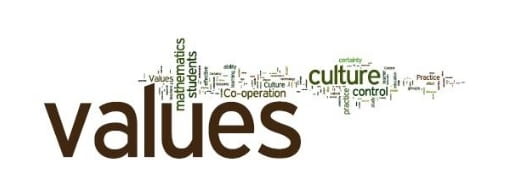Study 15: Mathematics Education Well-being [MEW]
The MEW Study has been a longitudinal research which began in 2020, tracing the development of students’ well-being in relation to mathematics learning from when they were in Grade 3. In 2024, these students entered secondary education in different schools, bringing the study to a new exciting phase. At the same time, in 2024, a second group of student participants joined the study, having begun their elementary schooling at Grade 1.
In this Study 15, mathematics education well-being (MEW) refers to a personal trait reflecting the subjective qualities of leading a ‘good life’ in the teaching or learning of mathematics. MEW is more than just feeling good about one’s participation in mathematics education. It is complemented by an experiencing of functioning well and of being in control over one’s own teaching or learning of mathematics. Informed by Bishop, Clarkson and Seah’s (2010) mathematical wellbeing model, the development of MEW is regarded as being stage-based as well. Thus, MEW is regarded as multidimensional. Notwithstanding the psychological process involved in the development of one’s MEW, this Study also acknowledges and emphasises how sociocultural factors affect and shape these mental processes.
Leader:
Juan ZHONG (Jinsha Elementary School (C campus), China 成都市青羊区金沙小学C区)
Research team:
| Jurisdiction | CI | Participants |
|---|---|---|
| Chinese mainland | Juan ZHONG Jinsha Elementary School (C campus) | TBA |
Instruments:
Questionnaire
Lesson observation protocol
Interview protocol
 To stay informed of news, discussions and upcoming events, click ‘subscribe’ near the lower right corner below.
To stay informed of news, discussions and upcoming events, click ‘subscribe’ near the lower right corner below.
Last modified: 6 Jan 2026